Optimal Timing for Ceiling Drywall Repairs
Ceiling drywall repairs are most effectively performed during periods of stable weather, avoiding extreme temperatures and high humidity. Optimal conditions help ensure proper drying and adhesion, reducing the risk of future issues. Scheduling repairs during mild, dry seasons can lead to better results and longer-lasting repairs.
These seasons typically offer moderate temperatures and lower humidity, making them ideal for ceiling drywall repairs.
Extreme cold or heat can affect drying times and material performance, potentially leading to cracks or bubbling.
Repairs should be scheduled after storms or leaks are resolved, once moisture levels are back to normal.
Choose a time when indoor humidity is controlled, often in the dryer months, to facilitate proper curing.
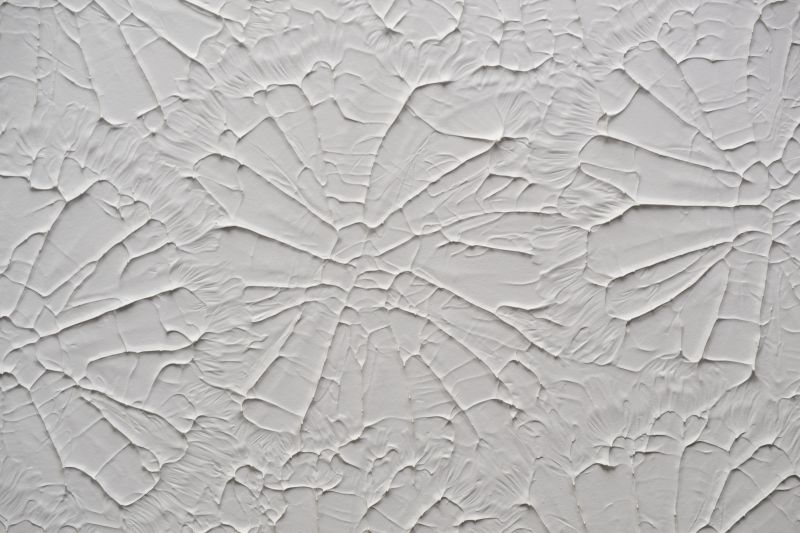
Ways to make Ceiling Drywall Repairs work in tight or awkward layouts.
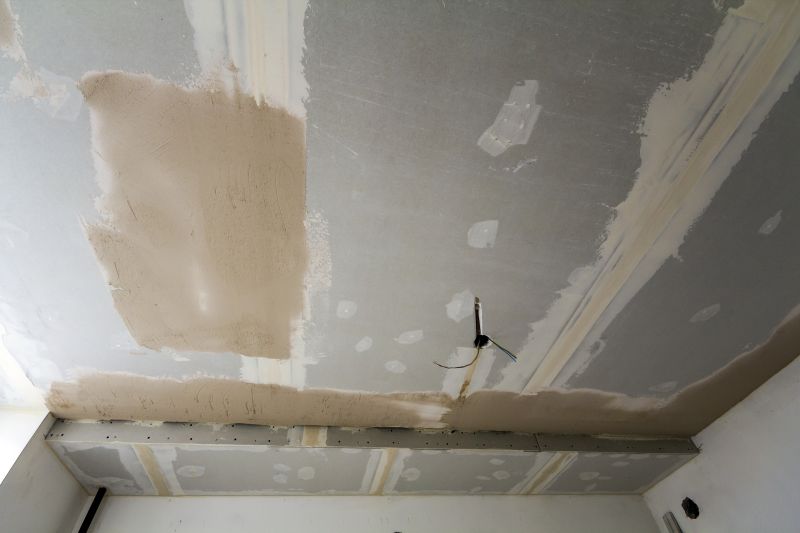
Popular materials for Ceiling Drywall Repairs and why they hold up over time.
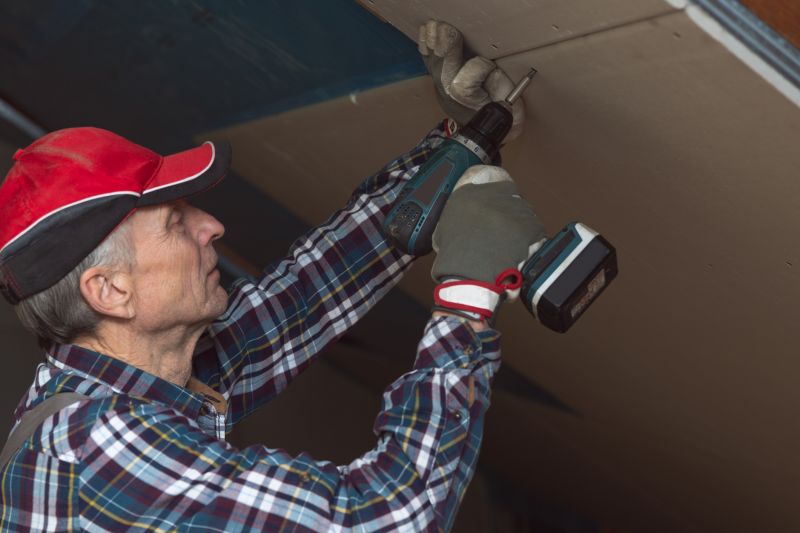
Simple add-ons that improve Ceiling Drywall Repairs without blowing the budget.
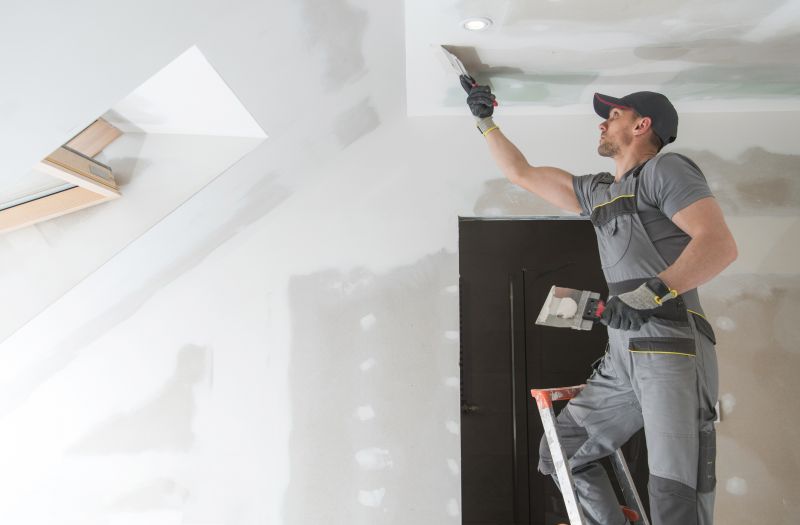
High-end options that actually feel worth it for Ceiling Drywall Repairs.
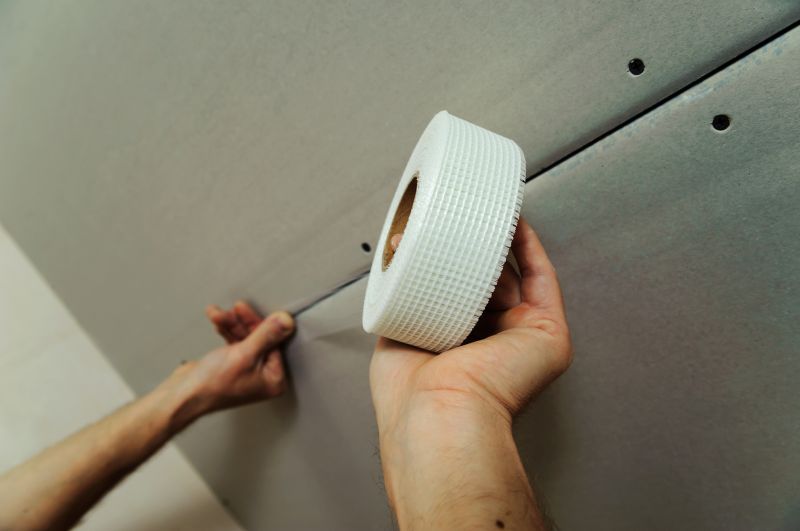
Finishes and colors that play nicely with Ceiling Drywall Repairs.
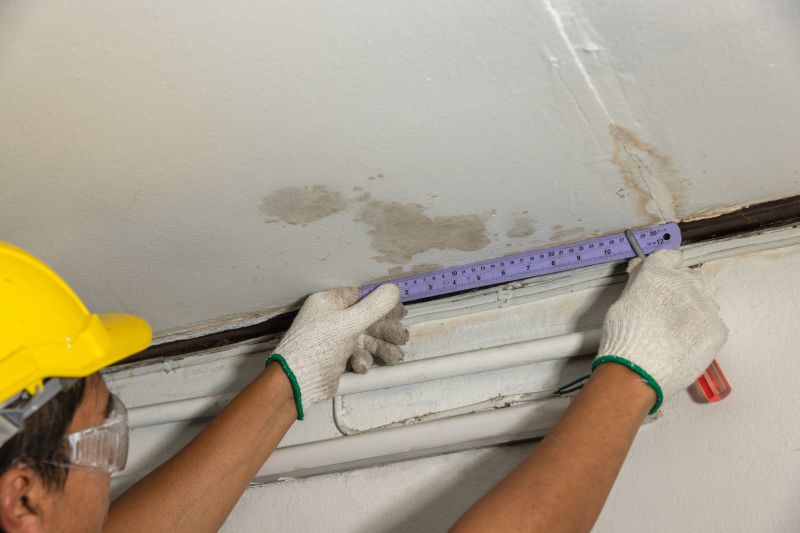
Little measurements that prevent headaches on Ceiling Drywall Repairs day.
Ceiling drywall repairs address issues such as cracks, water damage, and sagging. Proper timing ensures the materials cure correctly, preventing future deterioration. Statistics indicate that repairs performed during optimal conditions have a lower rate of rework and longer durability, emphasizing the importance of scheduling repairs appropriately.
Effective ceiling drywall repairs involve patching, sanding, and finishing to restore a smooth surface. The process requires attention to detail and proper environmental conditions to prevent issues like bubbling, cracking, or uneven surfaces. Well-timed repairs contribute to maintaining the aesthetic and structural integrity of interior spaces.
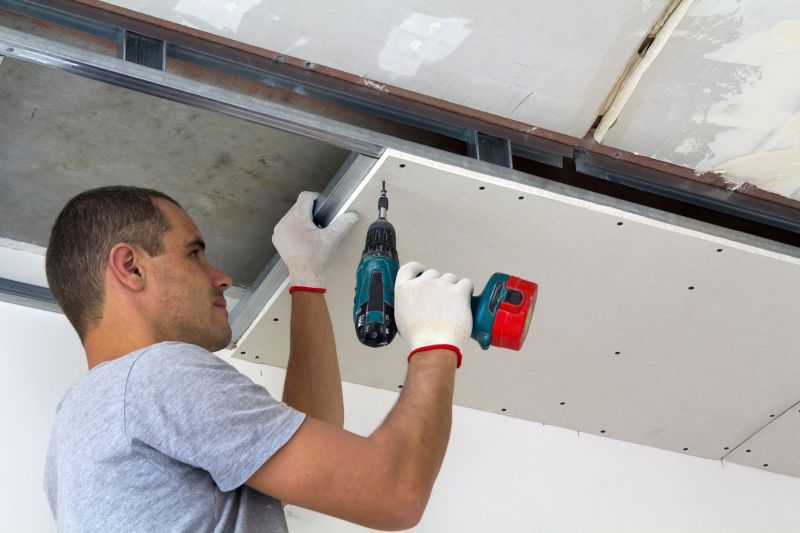
A 60-second routine that keeps Ceiling Drywall Repairs looking new.
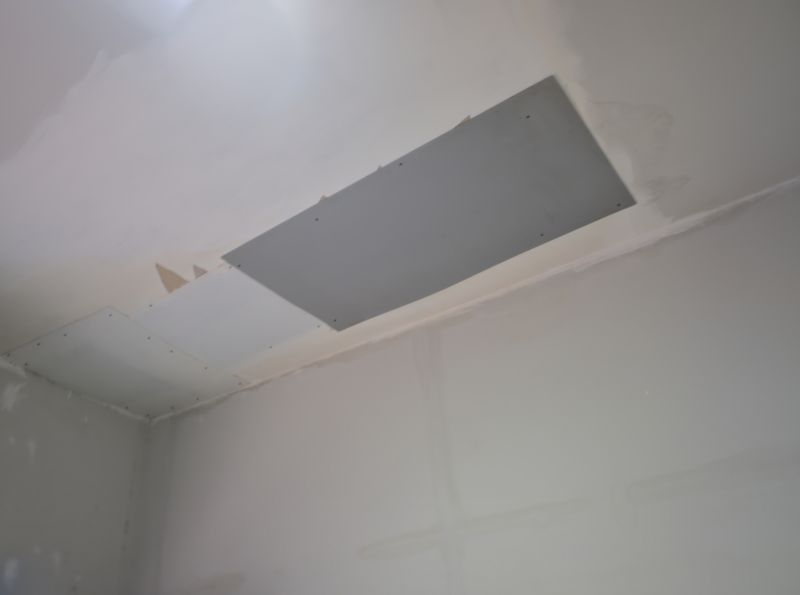
A frequent mistake in Ceiling Drywall Repairs and how to dodge it.
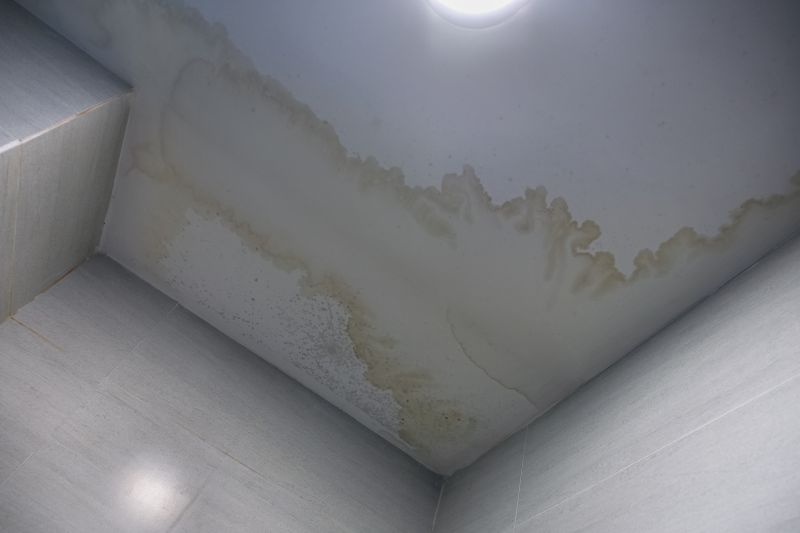
Small tweaks to make Ceiling Drywall Repairs safer and easier to use.
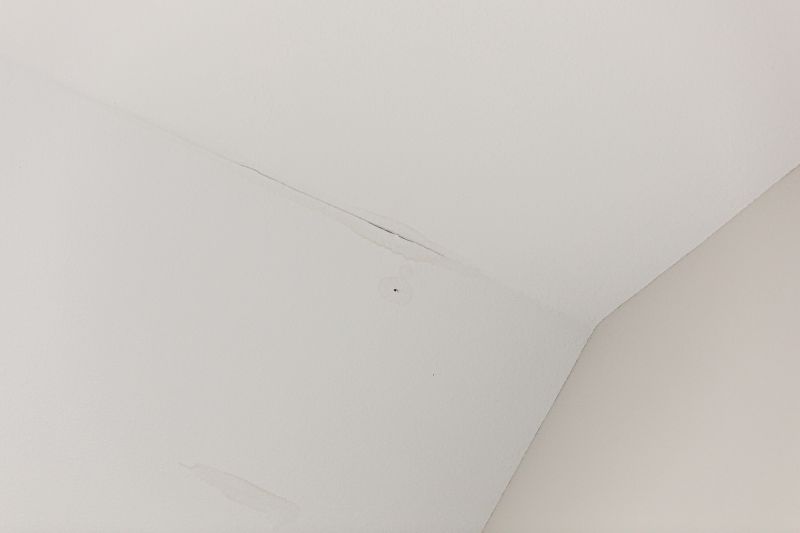
Lower-waste or water-saving choices for Ceiling Drywall Repairs.
| Season | Ideal Conditions |
|---|---|
| Spring | Moderate temperatures, low humidity |
| Fall | Stable weather, dry conditions |
| Post-storm | Dry and moisture-free environment |
| Dry months | Indoor humidity controlled |
| Avoid | Extreme cold or heat |
Interested in ceiling drywall repairs? Filling out the contact form can provide more information and help schedule repairs during the most suitable time for optimal results.



